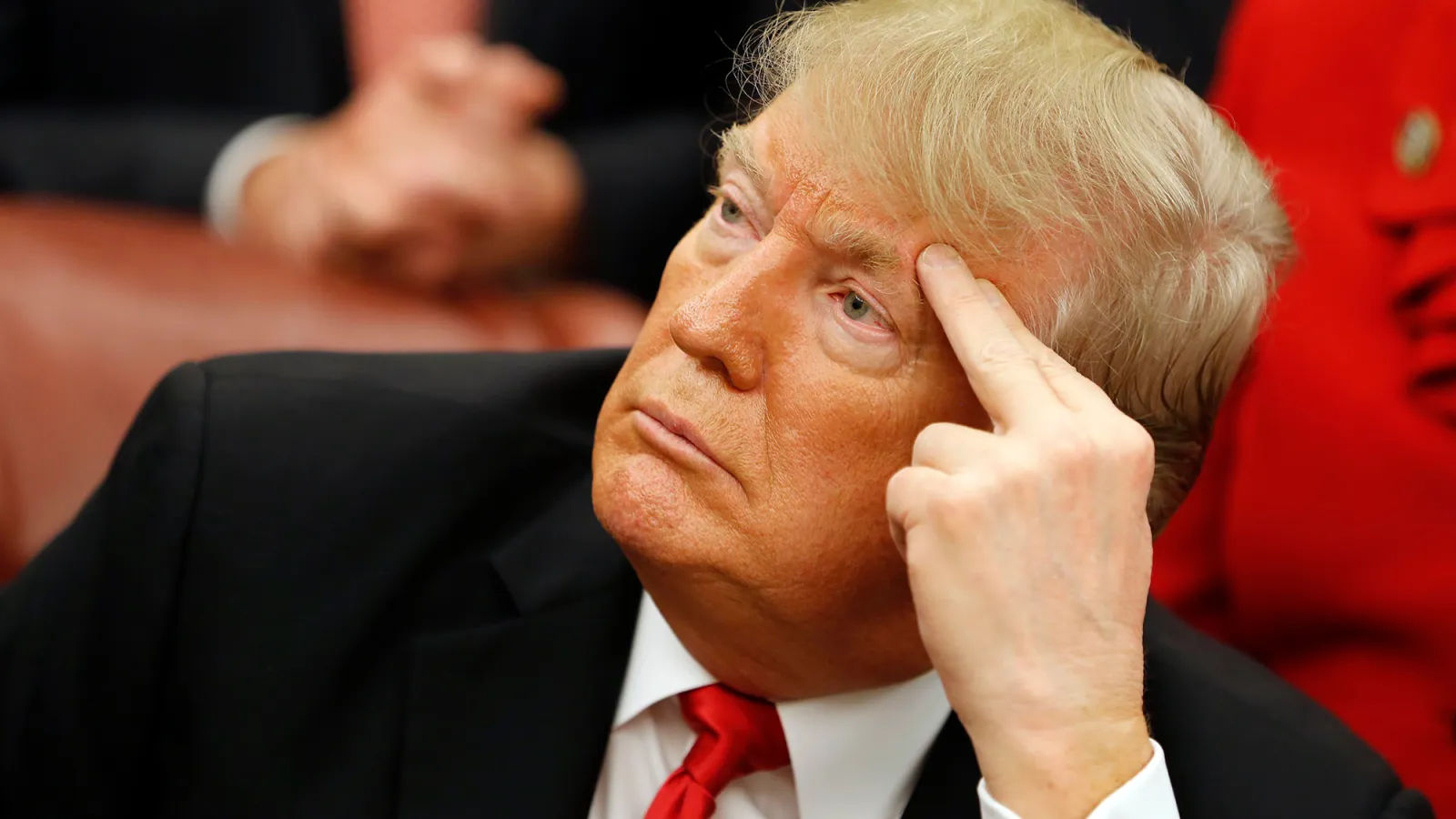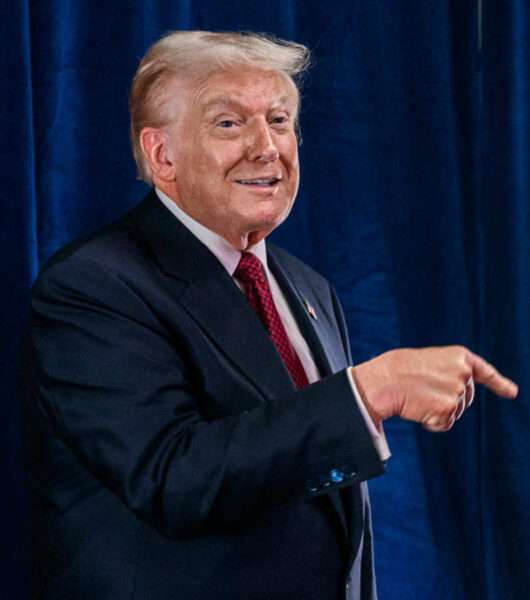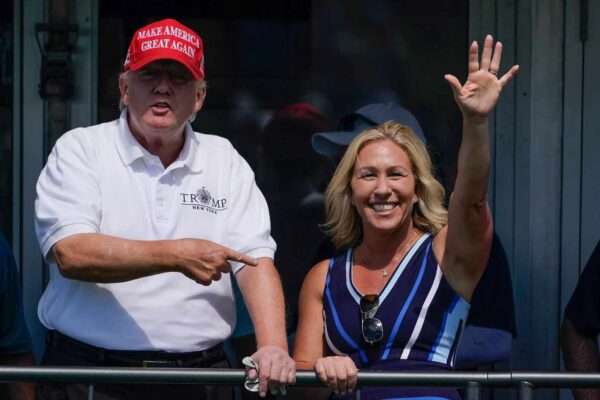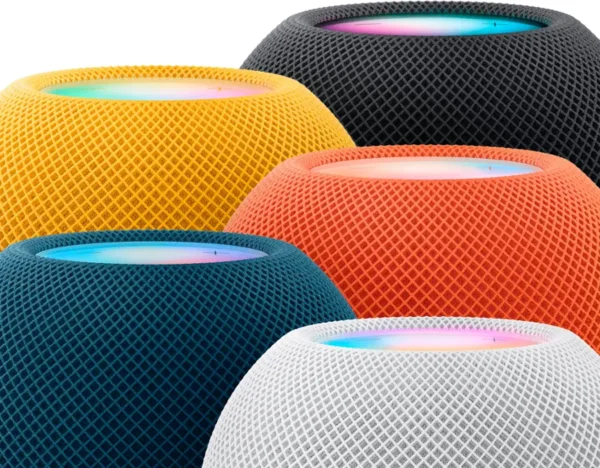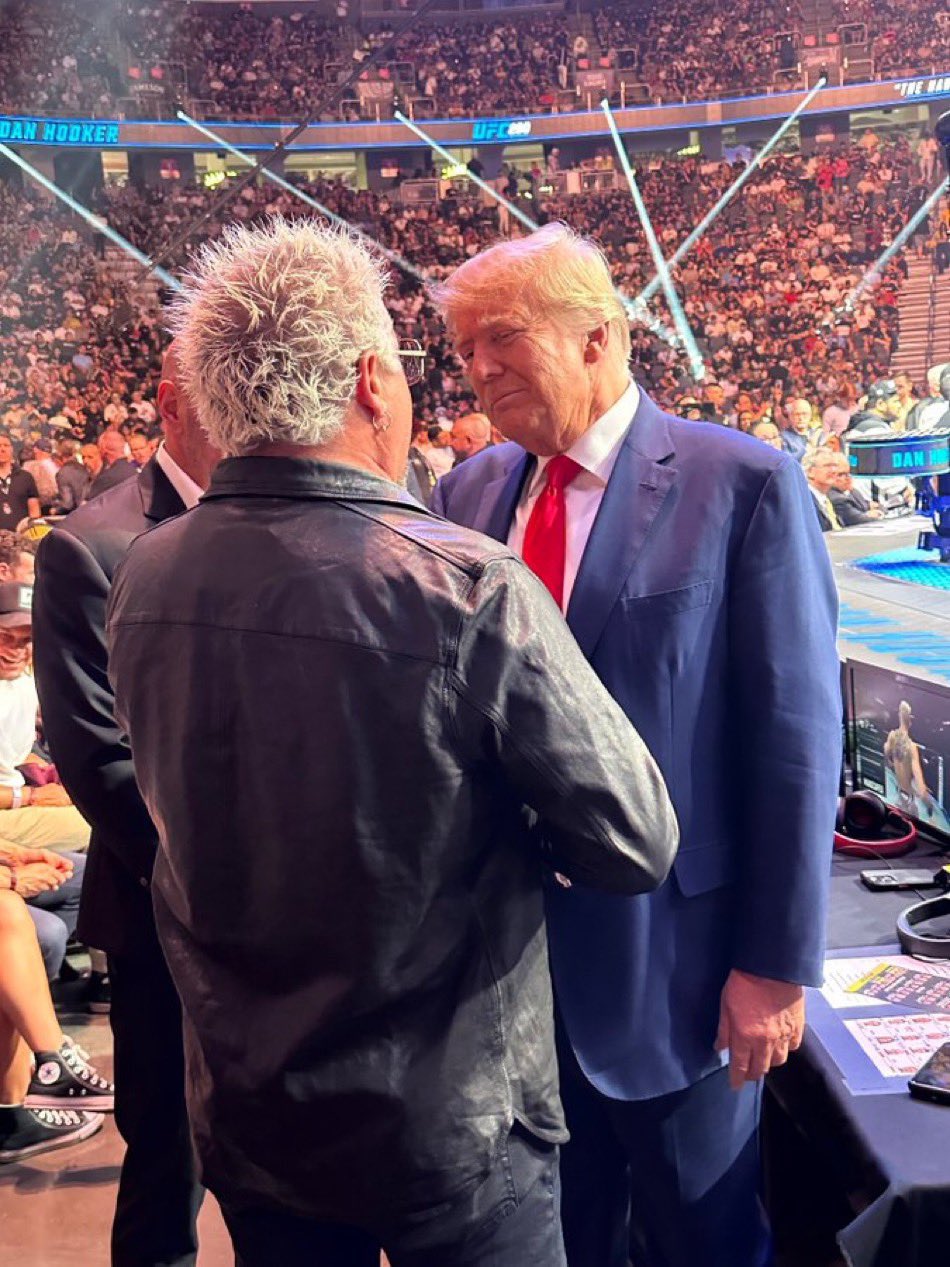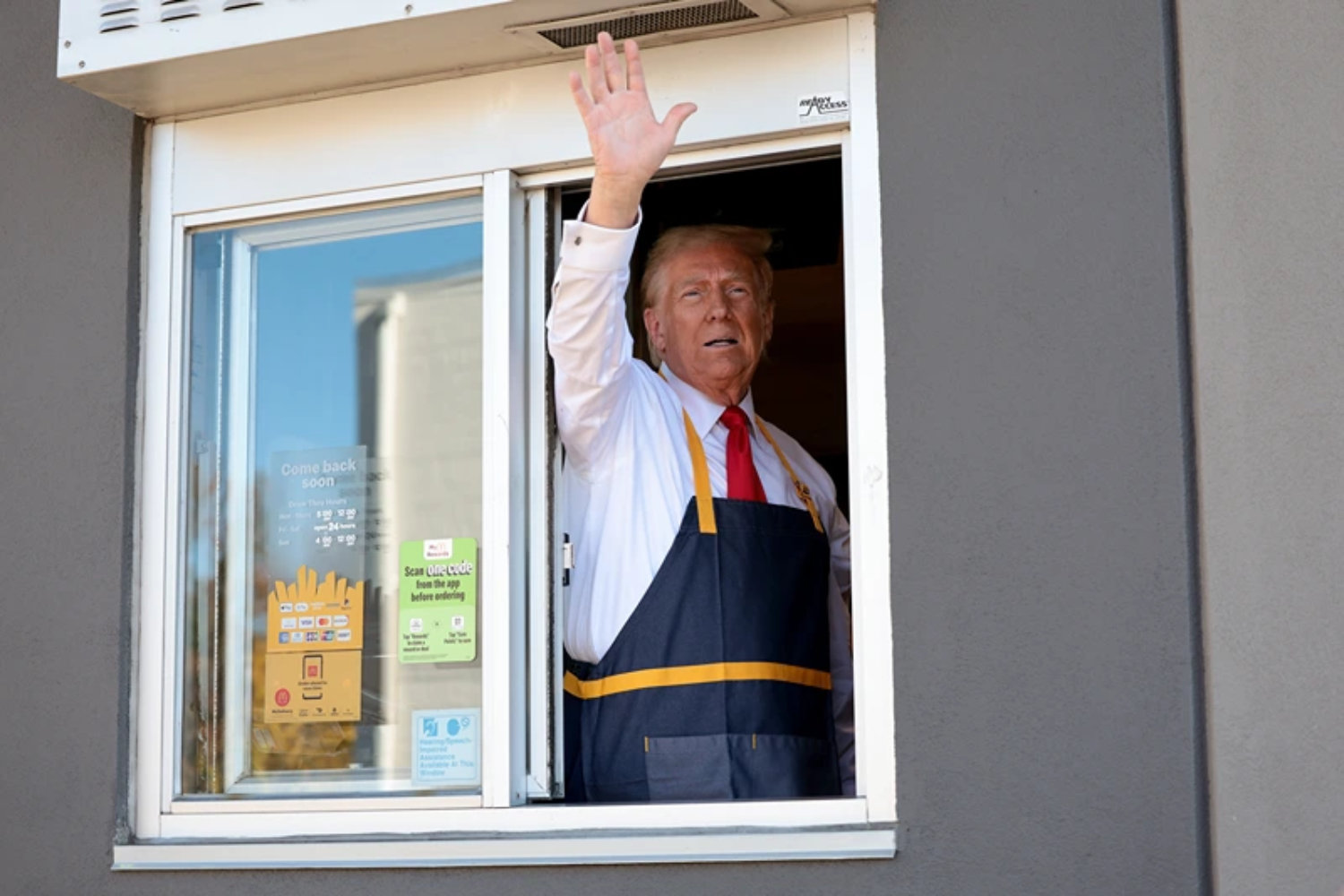In a statement that has both baffled and amused political observers, Rep. Lauren Boebert (R-Colo.) has accused liberals of racism for referring to former President Donald Trump as “orange man.” The comment, delivered during a fiery speech at a recent rally, has ignited a whirlwind of reactions across social media and news outlets.
The Accusation
Boebert, never one to shy away from controversial statements, took the stage to defend Trump against what she sees as unfair and racially charged insults. “It is absolutely racist to call President Trump ‘orange man’,” Boebert declared. “We need to stop this kind of color-based discrimination. It’s offensive and unacceptable.”
The Rally Reaction
The crowd at the rally responded with mixed emotions, ranging from enthusiastic applause to confused murmurs. “I think she’s got a point,” said one supporter. “We should be respectful, even if we disagree politically.”
Others were less convinced. “I’m not sure that’s how racism works,” commented another attendee. “But hey, it’s Boebert. What did we expect?”
Social Media Frenzy
As expected, Boebert’s statement quickly became a trending topic on X, formerly known as Twitter. Memes and jokes flooded the platform, with users poking fun at the idea that Trump’s famously bronzed complexion could be the basis for a claim of racial discrimination. “Breaking: Sunscreen sales to liberals spike as they fear being called racist,” tweeted one user.
Political analysts were quick to weigh in. “This is a new one,” said Jane Doe, a political commentator. “We’ve seen a lot of accusations fly in politics, but this is the first time I’ve heard someone equate tanning with racial identity.”
Boebert’s Defense
Undeterred by the backlash, Boebert doubled down on her claims during an interview with a local news station. “This is about respect,” she insisted. “We need to stop the hateful rhetoric and treat everyone with dignity, regardless of their skin tone—or in this case, tan.”
Her comments have sparked a broader debate about the nature of political insults and where the line should be drawn. While many agree that personal attacks can be harmful, few are convinced that calling Trump “orange man” falls into the category of racism.
Trump’s Response
Interestingly, Trump himself has remained silent on the issue, though sources close to him suggest he finds the whole situation amusing. “He’s got a thick skin—or rather, a thick tan,” joked an insider. “He’s not losing any sleep over this.”
Public Perception
Public reaction has been largely critical of Boebert’s remarks, with many viewing them as a distraction from more pressing issues. “This is the kind of thing that makes politics seem like a circus,” said Bob Saunders, a local resident. “We have real problems to solve, and this isn’t one of them.”
Some, however, have supported Boebert’s stance, arguing that political discourse has become too mean-spirited and personal. “Maybe she’s onto something,” said another resident. “It’s time we cleaned up our language and showed more respect.”
The Bigger Picture
As Boebert continues to navigate the fallout from her comments, it remains to be seen whether this will impact her political career. For now, she remains a polarizing figure, beloved by her supporters and ridiculed by her critics.
In the end, the “orange man” controversy serves as yet another reminder of the hyper-partisan and often absurd nature of modern American politics. Whether it leads to any meaningful change or simply becomes another footnote in the annals of political gaffes, only time will tell.




